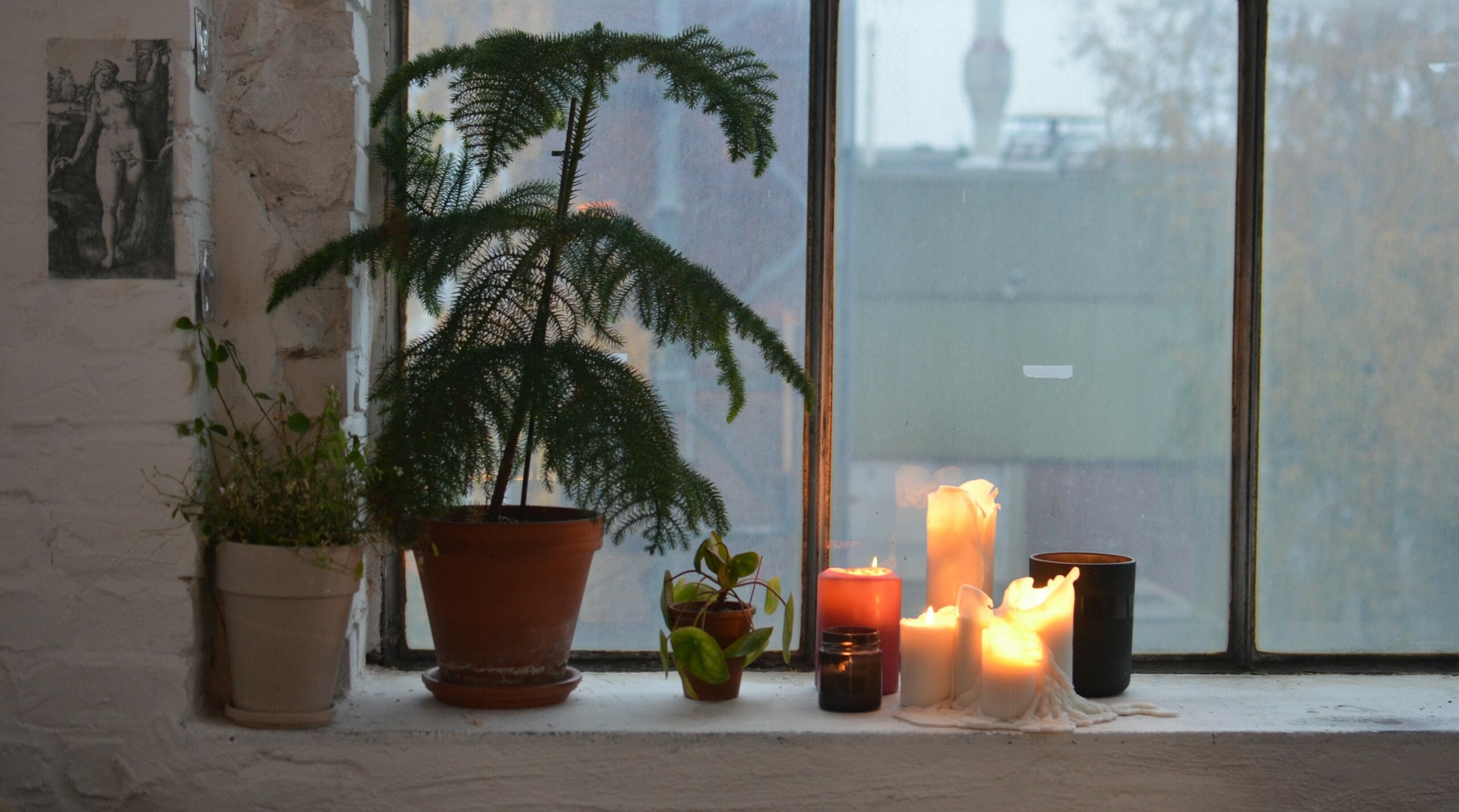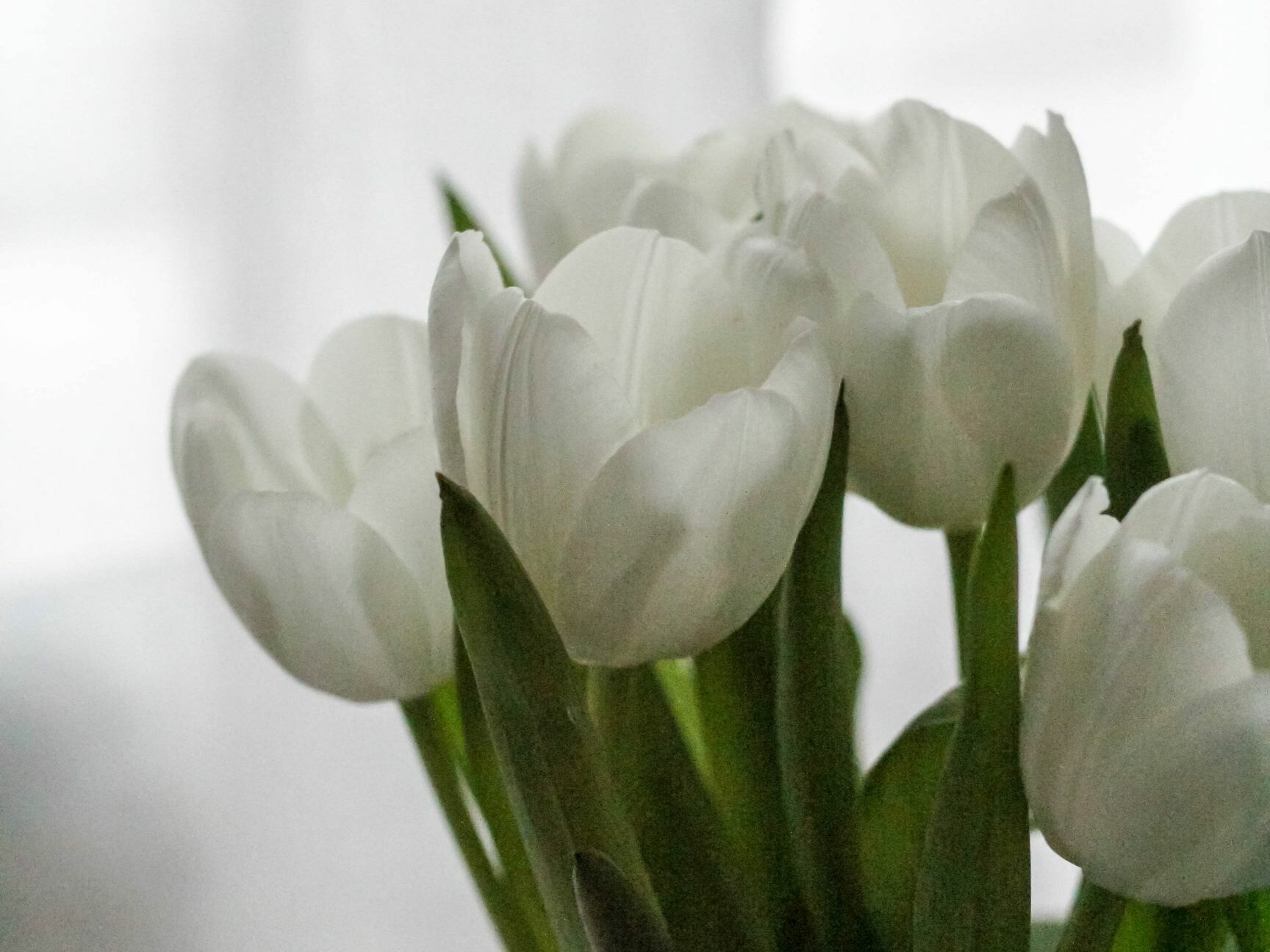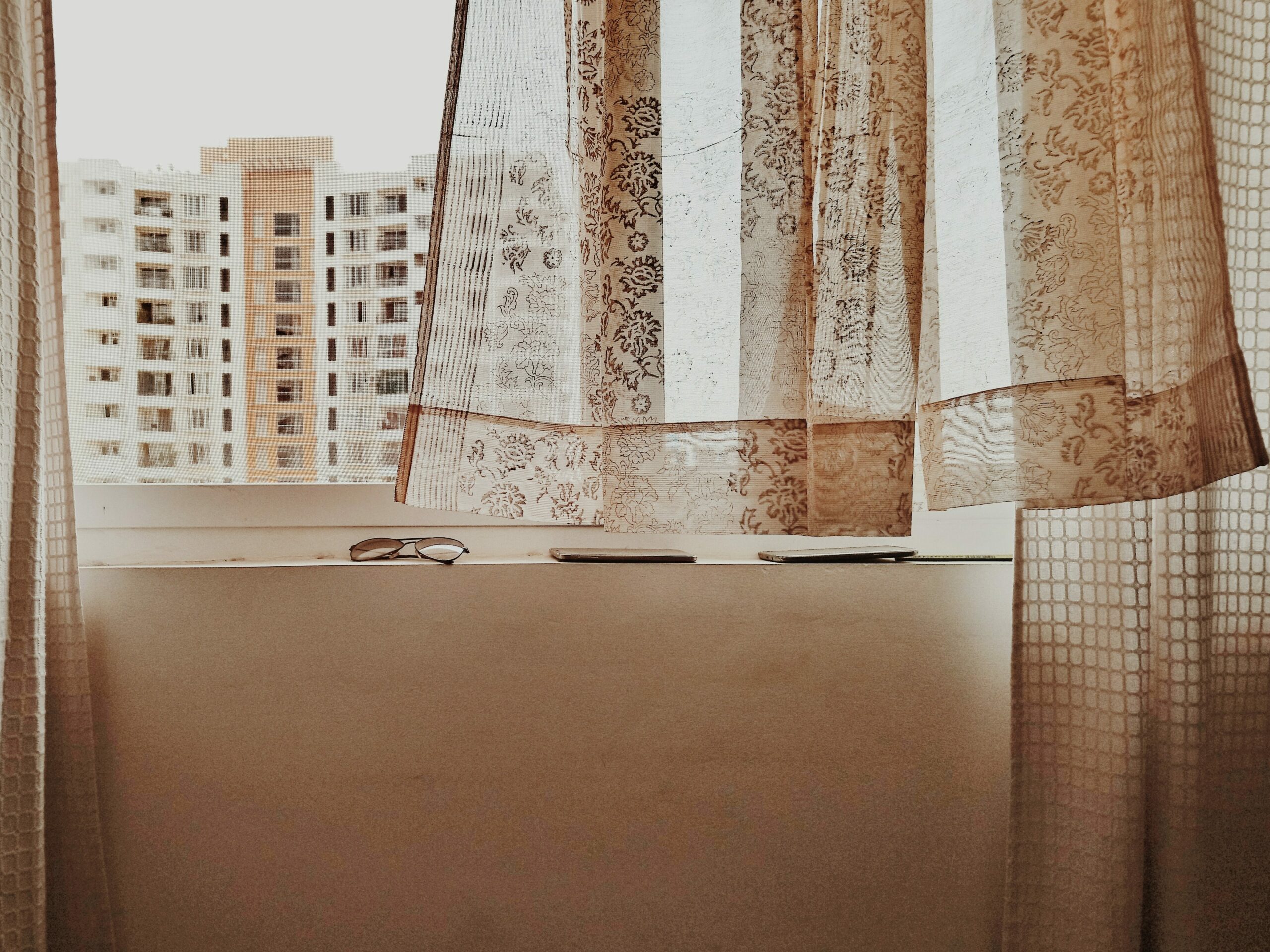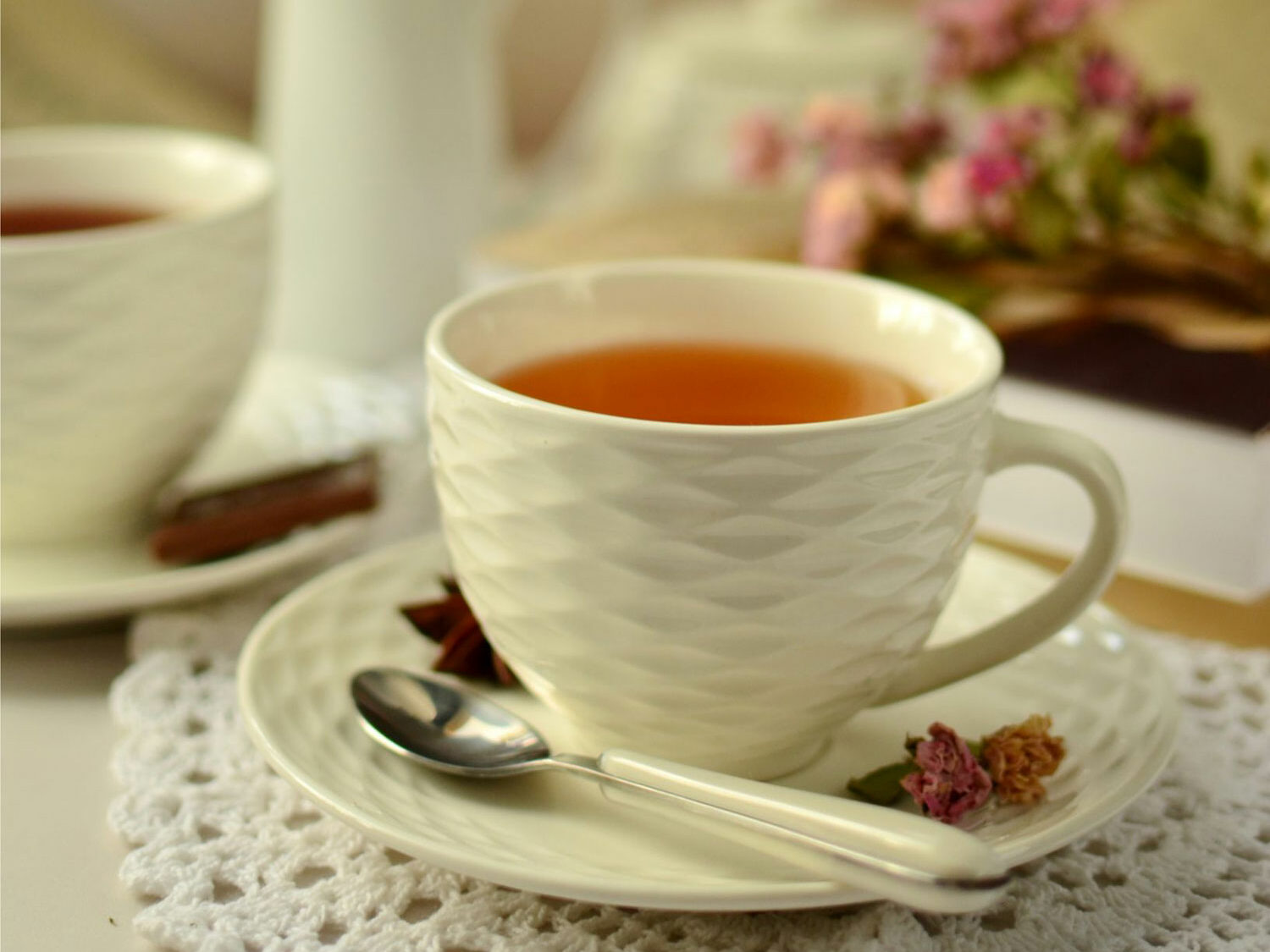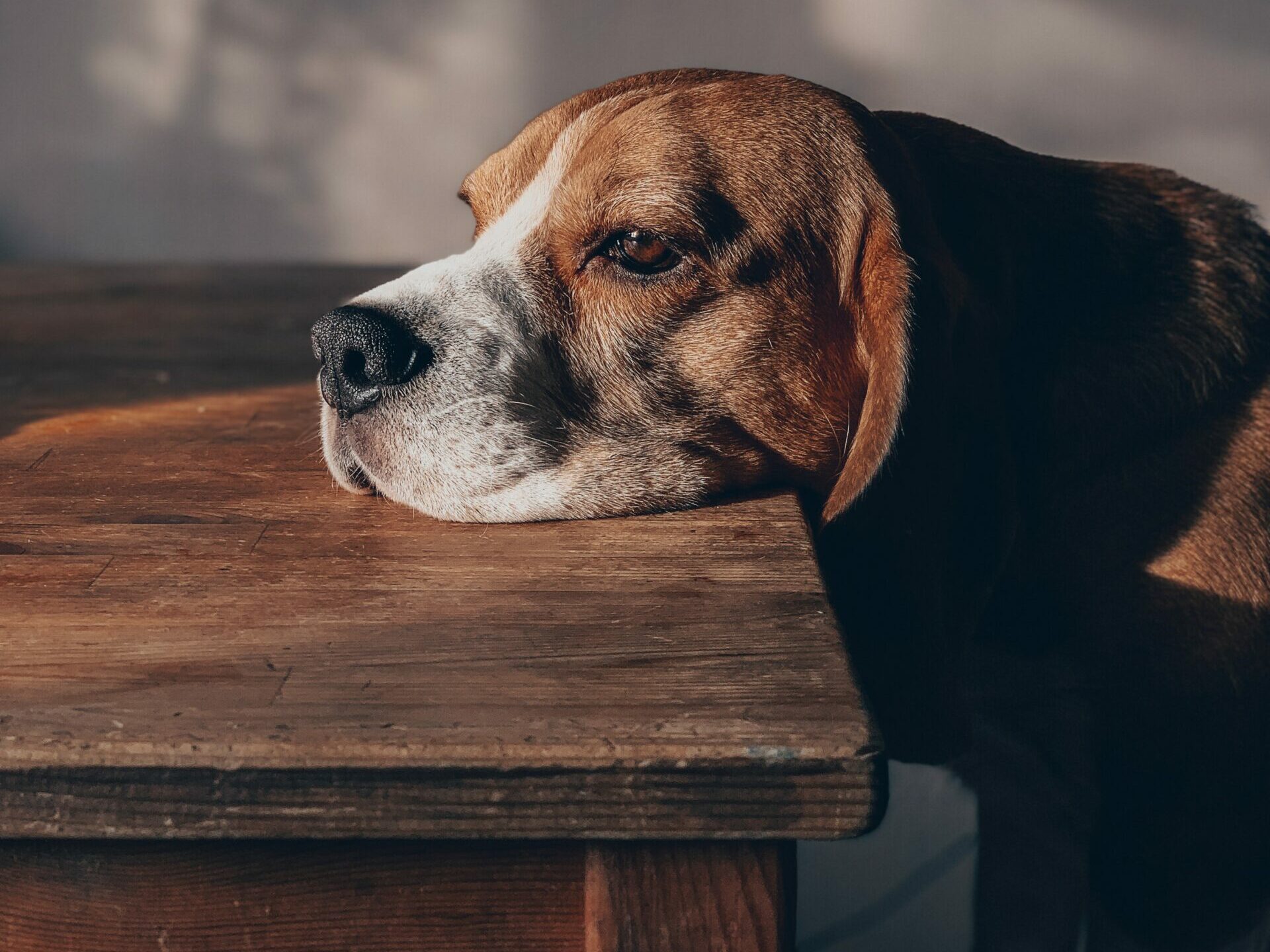Keeping the Body at Home
When people die, one of the options for you to consider is to keep them at home. This is very common in some cultures and very unfamiliar for other families, but it is something more people are now considering, and choosing. It usually involves choosing a quiet, well-ventilated space or room where your loved one can lie in state in their casket, and where people can visit, pay their respects and say their goodbyes. You can also have a funeral service at home.
Taking care of the body at home
Some people find that this is one of the most respectful acts you can perform, as a final act of love and kindness. There are many ways you can care for your loved one’s body after they have died. As well as cleaning and dressing the body, you might like to do their hair or paint their nails. You can find more information about preparing the body after death.
It’s important that you do what feels most appropriate and meaningful for you. If you choose to have a loved one at home, you might like to play their favourite music or have their pet/s around to give comfort to others. You can also like to give your loved one a final shave or paint their nails.
Talk to your local funeral director to find out if they can support you to care for your loved one’s body at home.
Choosing to care for the body at home
For some cultures and religions, it is traditional to have loved ones at home after they die, however there are many other reasons people make this choice.
- Allowing families and friends to come together and have time with their loved one before they are laid to rest
- Next of kin can remain in a safe and familiar environment, to receive visitors
- Caring for your loved one’s body after they have died can support your grieving and healing processes
- Allowing space and time for people to share stories and memories in a safe and comfortable space
- Helping with accepting that someone has died, especially if they die suddenly or if people haven’t seen them for some time.
Keeping the body cool
The most important thing when caring for a body at home is to keep it as cool as possible, to slow deterioration. This should be organised as soon as you have decided you would like to keep the body at home as bodies can usually last up to 4-5 days before noticeable physical changes. This means that with proper management, you can care for your loved one at home until their funeral or farewell service.
If the person isn’t embalmed, the deterioration of their physical body begins as soon as the person passes, which is why keeping the body as cool as possible is important. This can be done by:
- Turning all heating off
- Keeping air conditioning or cooling on to maintain a steady, cool temperature
- Using a specially designed body cooler, which sits under the casket and acts like a large ice pad
- Putting ice packs wrapped in tea towels around the body (change every few hours)
- Shutting windows and doors to reduce humidity, moisture and air temperature changes
- Placing the body away from any direct sunlight
- Reducing the number of people in the same room, to avoid increases in room temperature
- Minimising contact with the skin of the deceased.
Even by taking all the steps above, you will need to be prepared for subtle changes to the body, including discoloration of skin – this is very normal and to be expected.
Lying in state on marae
Within Māori culture, it is common for bodies to lay in state at their local marae, where whānau and friends will come and pay their respects, prior to the tangihanga or funeral. What happens at a tangihanga?
